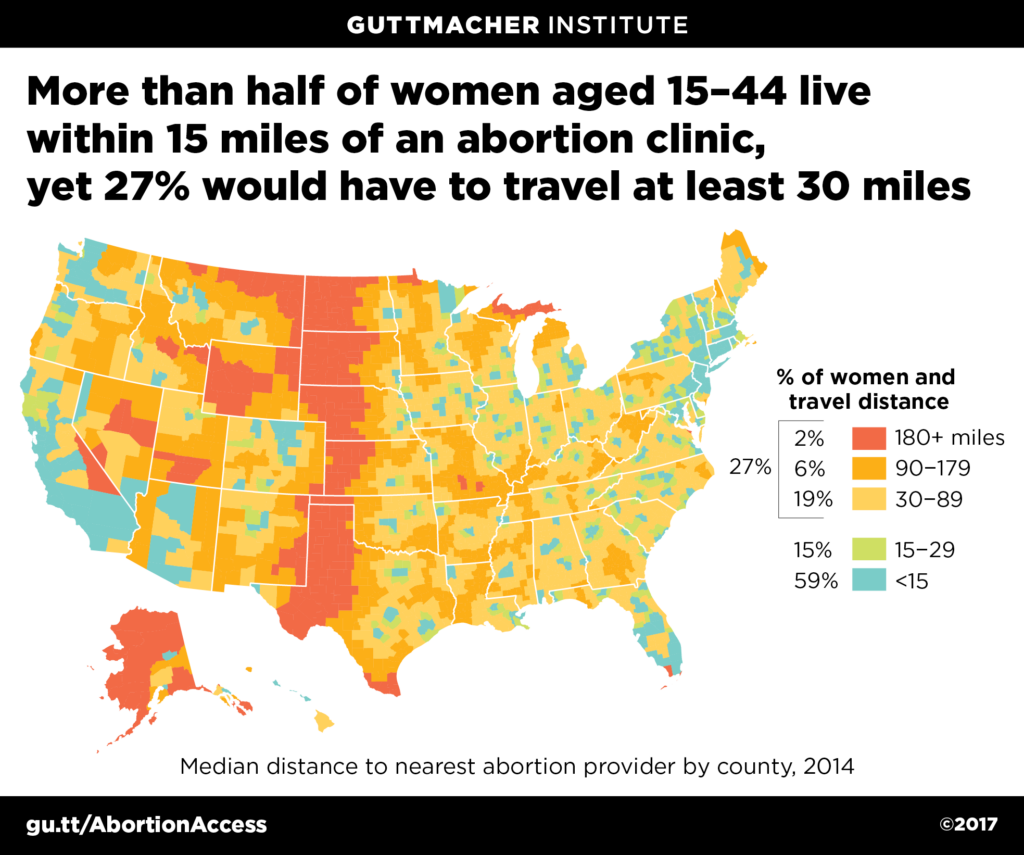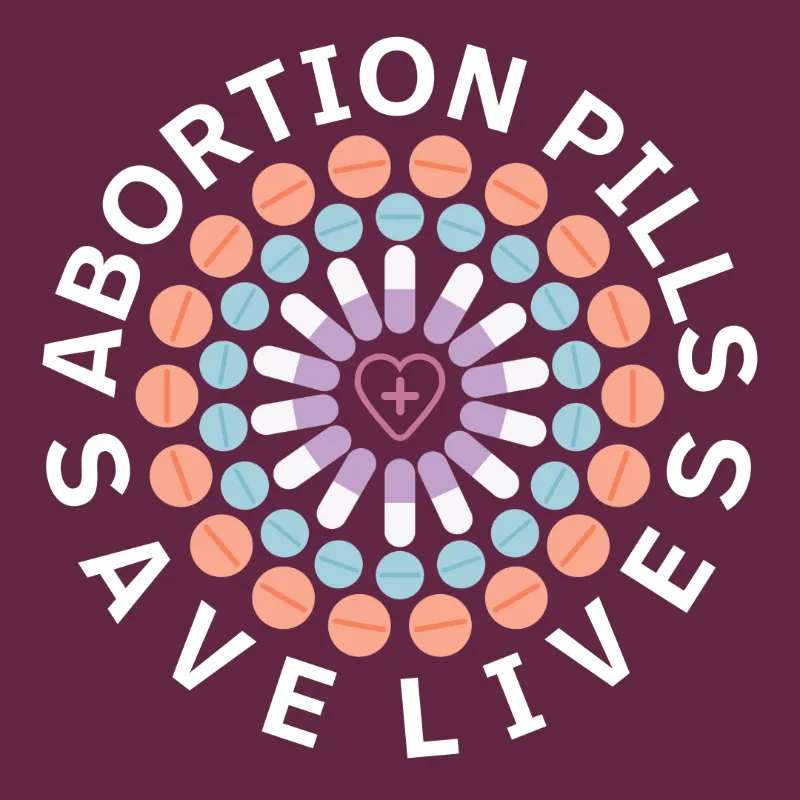The COVID-19 pandemic has created additional barriers to already cumbersome access to abortion. Travel distance is an important determinant of access to health services in general, but is a significant obstacle to abortion care. One in five American women must travel more than 43 miles for an abortion, and travel times to healthcare providers were exacerbated over the pandemic because many states instituted travel bans and closures to slow down the spread of the virus.
Medical services deemed elective by state governments were required to cease in order to reallocate personal protective equipment and make medical staff available to provide support to potentially strained hospitals. Unfortunately, several states (like Texas) decided that abortion was non-essential. The organization Aid Access, which provides online consultations for US women seeking abortion pills, saw a 27% increase in requests when abortion services were banned in several Southern states.
One positive thing to come from the quarantine is the expansion of telehealth, which allows providers to deliver health-related services via telecommunications and digital communication technologies. Telehealth is changing how people around the world access health-related information and services, and it provides an opportunity for abortion providers to virtually meet with patients and send abortion medication to them directly.
 Sending abortion medication in the mail may raise concerns about safety, however we know that medication abortion is a very safe and effective way to end an early pregnancy. “Medication abortion accounted for more than one-third (39%) of all abortions in the United States in 2017. Medication abortion is as safe as surgical abortion, but is noninvasive and can be completed in a patient’s chosen setting, such as at home.”
Sending abortion medication in the mail may raise concerns about safety, however we know that medication abortion is a very safe and effective way to end an early pregnancy. “Medication abortion accounted for more than one-third (39%) of all abortions in the United States in 2017. Medication abortion is as safe as surgical abortion, but is noninvasive and can be completed in a patient’s chosen setting, such as at home.”
At Provide, we believe that all pregnant people should receive the information and support they need to make decisions that are best for them and their circumstances. This includes medically accurate information about abortion medication, and support in accessing care via telehealth. To be ready to support people through these decisions, healthcare and social service providers need to be equipped with the most current information about the always changing abortion access landscape. This is why we provide training and tools to organizations that provide direct services.

